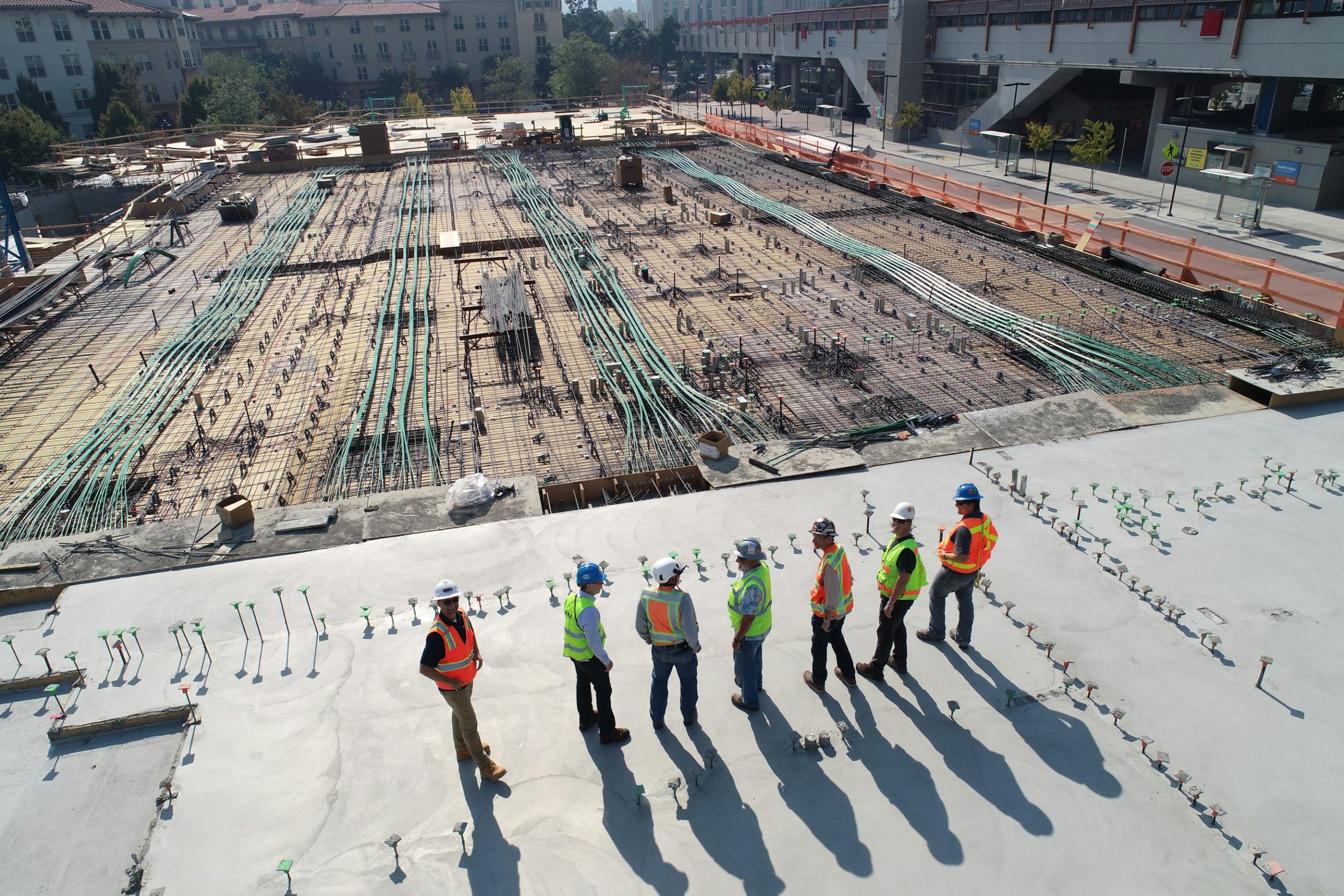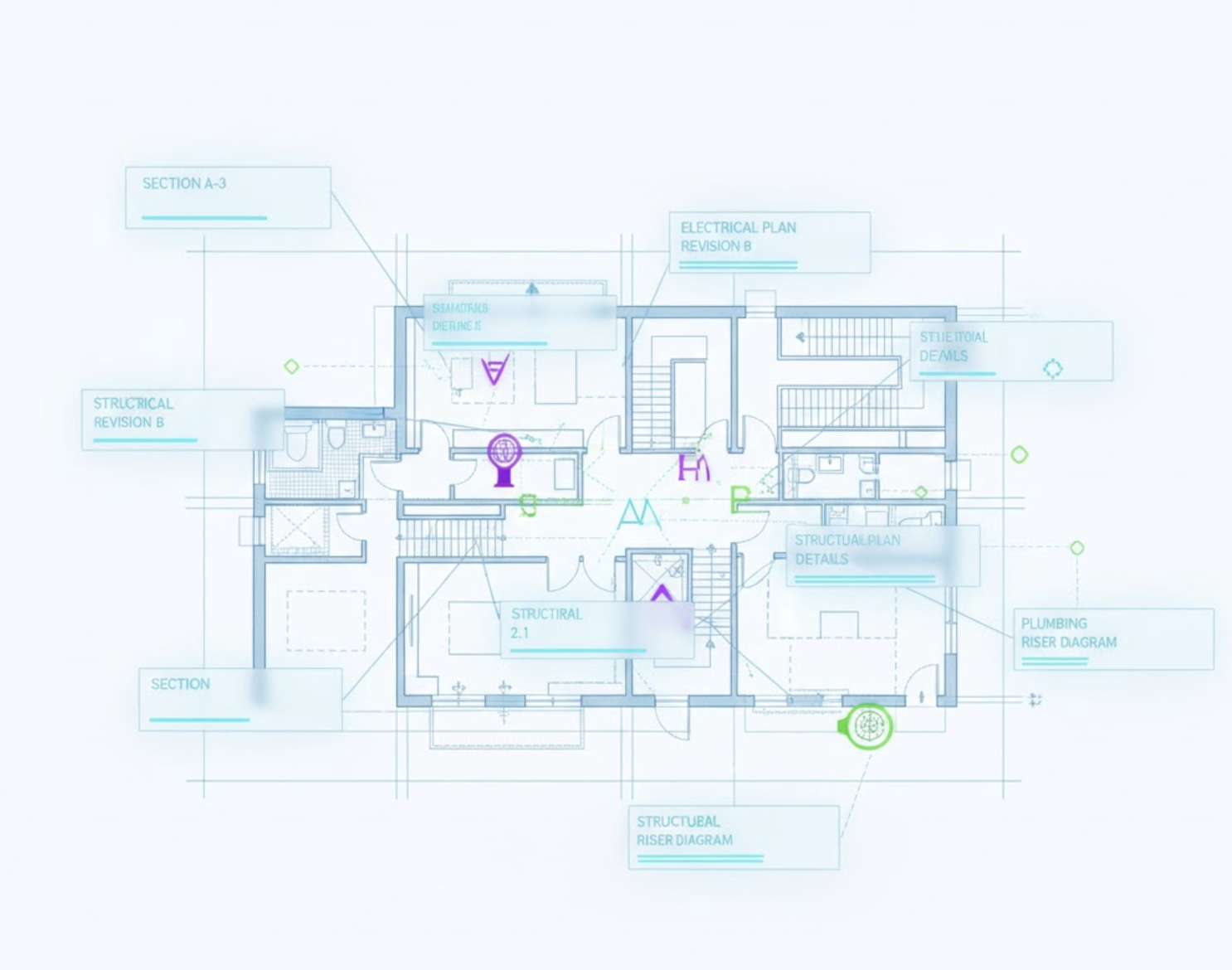The Rise of Digital Transformation in the Construction Industry
The construction industry, traditionally slow to adopt technology, is undergoing rapid digital transformation that is redefining collaboration, communication, efficiency, and sustainability on projects. This evolution is largely driven by competitive pressures, client demand, and regulatory changes, such as mandated Building Information Modeling (BIM) standards for public projects. Now, digital technology adoption is viewed as essential for future-ready construction firms.
Key Drivers and Technologies
Several key technologies are acting as catalysts for this transformation:
- Building Information Modeling (BIM) is now standard in many regions, integrating project data to improve design accuracy and streamline collaboration between architects, engineers, and contractors. This technology not only enhances teamwork but also serves as a regulatory requirement for many public sector projects.
- Mobile-first Tools allow real-time field data capture, project status updates, and drawing markups, significantly improving site-to-office communication. Mobile devices have become indispensable for project management on construction sites.
- Process Automation boosts productivity by automating routine tasks such as approvals, inspections, and reporting, ultimately enhancing compliance and project speed.
- Digital Twins and IoT provide real-time data on building performance. They enhance operational efficiency with wearables and smart devices that improve safety and asset tracking.
- Artificial Intelligence (AI) and Analytics are revolutionizing the industry by predicting safety issues, forecasting risks, and optimizing resource allocation through data-driven insights.
- 3D Printing, Robotics, and Modular Construction are addressing labor shortages, reducing construction time, and enhancing sustainability.
Industry Impact and Benefits
The impact of digital transformation on the construction industry is profound:
- Productivity Gains: According to McKinsey, digital transformation can increase sector productivity by 14–15% while cutting costs by 6–9%. Improved scheduling, fewer errors, and automated workflows contribute to this efficiency.
- Enhanced Collaboration: Digital tools link dispersed teams, ensuring stakeholders, from clients to field workers, are aligned through shared data environments. This facilitates efficient project delivery and lessens delays.
- Safety Improvements: By utilizing wearables, AI monitoring, and real-time sensors, construction firms can see a reduction in accident rates and better compliance with health and safety regulations.
- Cost Control: Automation and real-time tracking minimize rework, reduce material waste, and control overall project costs. Enhanced transparency in procurement processes makes this even more effective.
- Sustainability: Digital systems allow companies to monitor energy use, cut waste, and comply with green building practices, making a significant contribution to environmental stewardship.
- Transparency and Trust: Clients gain increased visibility through interactive previews and ongoing project status updates, which help to align expectations and reduce disputes.
Use Cases and Emerging Innovations
Emerging technologies are paving the way for innovative construction methods:
- Modular and Prefabricated Construction: These methods, supported by digital planning and factory integration, deliver projects faster, cheaper, and of higher quality.
- Drones and AR/XR: Drones used for site inspections and augmented reality technologies improve documentation accuracy and facilitate project monitoring.
- Supply Chain Optimization: Automated inventory management systems support just-in-time delivery and reduce costly material delays.
- Data Management Platforms: Centralizing data through cloud-based solutions enables robust analytics and long-term knowledge retention.
Industry Challenges
Despite the advancements, the construction industry faces significant challenges in its digital transformation journey:
- Fragmentation: With many small firms and subcontractors, the integration of digital systems across such a fragmented landscape poses complexity.
- Change Management: Traditional cultures and limited IT budgets can create barriers to widespread technology adoption.
- Data Security: Digital handling of confidential project and contract information introduces new cybersecurity risks that must be effectively managed.
Best Practices for Successful Digital Transformation
To achieve successful digital transformation in construction, firms should consider the following best practices:
- Start with Core Solutions: Implement widely adopted technologies such as BIM and cloud-based project management as essential foundations.
- Promote Culture Change: Leadership should prioritize digital skills training and foster a tech-forward mindset across all teams.
- Integrate Data Silos: Choose platforms that promote interoperability, allowing all project stakeholders access to vital information.
- Prioritize Data Governance: Establish protocols for data privacy, access, and retention to ensure compliance with regulations.
- Measure Impact: Utilize analytics for tracking key performance indicators (KPIs) such as efficiency, safety incidents, and sustainability metrics.
How Zepth Supports Digital Transformation
As digital transformation takes center stage in the construction industry, Zepth plays a vital role in supporting this evolution with innovative solutions tailored to meet the needs of modern project management:
- Centralized Project Management: With Zepth’s comprehensive construction management platform, teams can connect documents, tasks, and workflows, ensuring real-time collaboration across all project aspects.
- Document Control & Digital Workflows: Zepth streamlines document management, enabling digital approvals that reduce errors and maintain audit trails.
- Quality & Safety Tracking: Automated QA/QC processes and site safety monitoring help reduce compliance risks.
- Analytics and Reporting: Integrated dashboards provide insights for smarter decision-making, supporting cost savings and performance monitoring.
- Mobile and Cloud Accessibility: With Zepth’s mobile-enabled solutions, field teams can manage data entry and drawing reviews for timely updates.
- Sustainability and Compliance: Features such as checklist-based environmental compliance assist companies in aligning with green building standards.
As we move forward, embracing digital transformation is not just an option in the construction industry; it is a necessity for ensuring productivity, collaboration, and sustainability. Zepth is here to lead the way in this transformation, helping construction firms harness the power of digital technology effectively.




